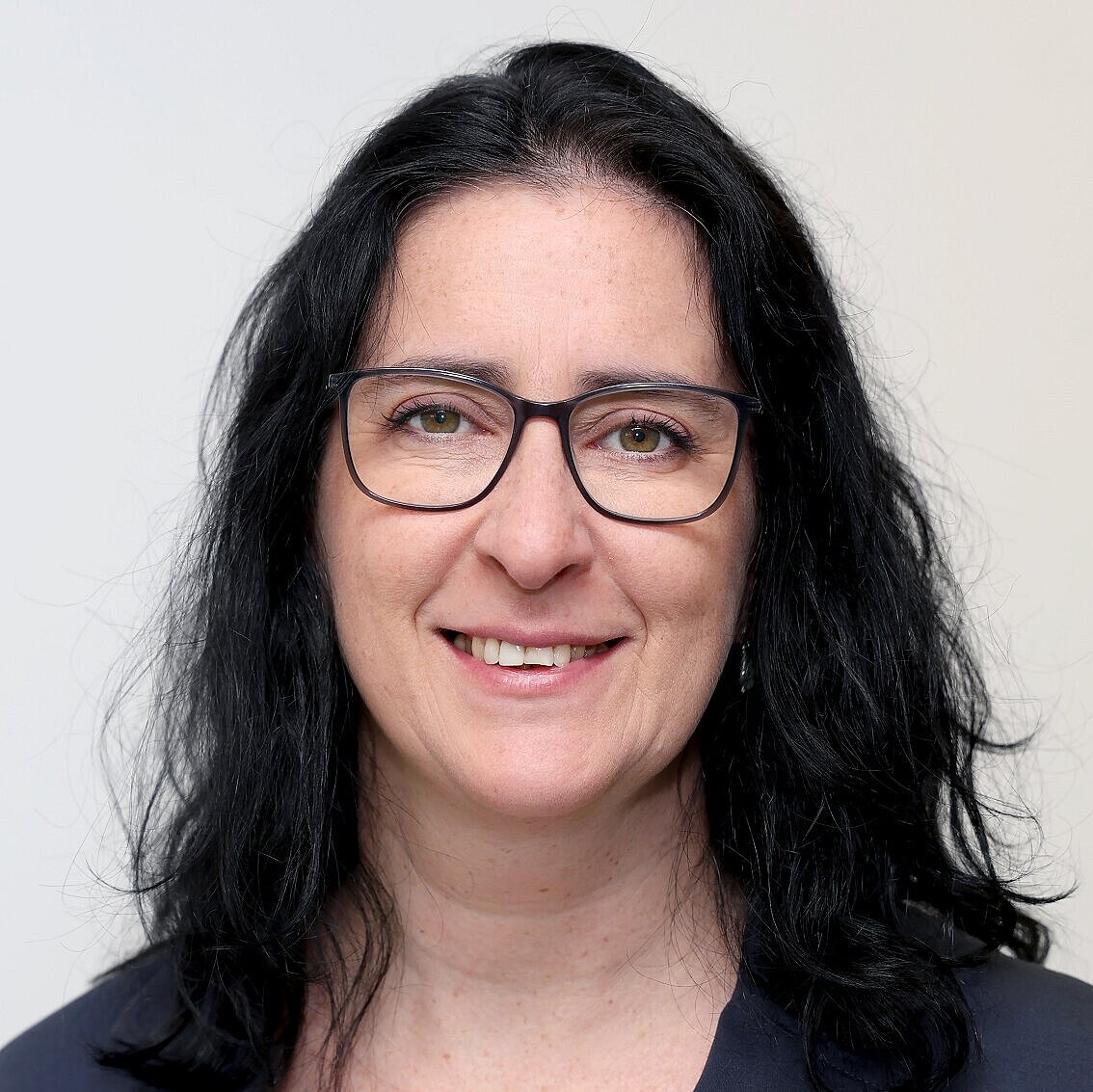Human biomonitoring in Austria
The third report of the Human Biomonitoring platform presents progress, findings and activities of health-related environmental monitoring.

Chemicals and pollutants are found throughout our environment: in air, water and in soil. Human biomonitoring is used to assess the pollution levels throughout the population. The Human Biomonitoring platform, an advisory body of the Federal Ministry for Climate Action, Environment, Energy, Mobility, Innovation and Technology (BMK), reports to the National Council every two years under the leadership of the Environment Agency Austria. The current third report presents ongoing European partnerships and initiatives as well as various health-related environmental monitoring activities.
European cooperation in the monitoring and assessment of human exposure to environmental chemicals is a priority. The continuous expansion of human biomonitoring also contributes to the sustainable protection of public health and to the European environmental goals. The Federal Environment Agency and other Austrian institutions are carrying out valuable work at national and European level.
PARC - European Partnership for the Assessment of Risks from Chemicals
The research partnership PARC has been setting new standards in chemical risk assessment since May 2022. The Europe-wide initiative uses new methods to investigate human exposure and toxicological effects and make them as fit as possible for risk assessment. Together with the European Environment Agency, we are working in particular on the transfer of scientific knowledge and the risk assessment of legal frameworks. The Environment Agency Austria is also conducting an Austrian children's survey as part of the pan-European study to record the exposure of the population.
Partnership for the Assessment of Risks from Chemicals – Website
EIRENE – Pan-European research network
The Environment Agency Austria is also part of the European research infrastructure EIRENE. Its aim is to develop and expand innovative technologies in exposome research. Exposures to chemicals, lifestyle factors and natural toxins as well as toxic effects are investigated. The University of Vienna is leading the Austrian part of the network, with researchers focusing on the protection of sensitive population groups such as pregnant women, babies and young children.

Microplastic intake through diet
The third report on human biomonitoring in Austria presents further study results, including those of the Environment Agency Austria´s pilot study on microplastics in stool, which investigates the influence of diet on oral microplastic intake. The results have been published in the international scientific journal Science of the Total Environment. The study suggests that a high degree of food processing has an influence on the intake of microplastics.
Human Biomonitoring Platform
Many partners in Austria work in the field of human biomonitoring, which is diverse and makes a decisive contribution to measuring the success of legal measures and political strategies for reducing pollution and reacting to new challenges at an early stage.

